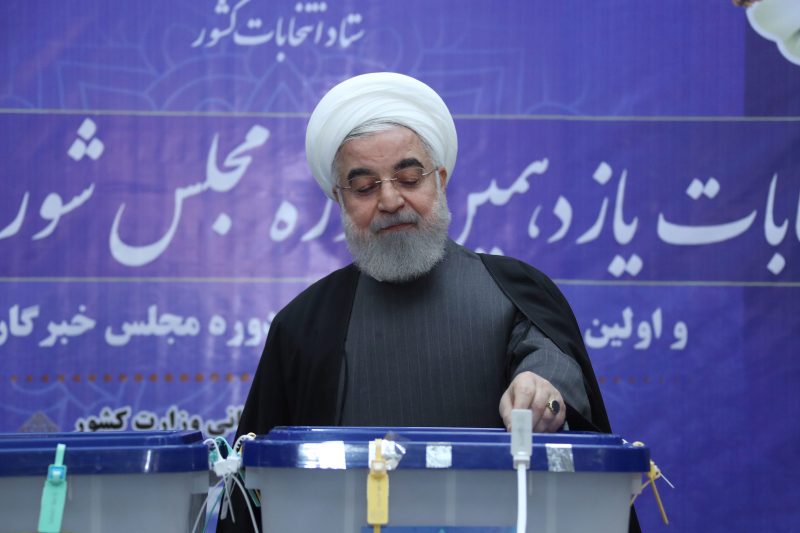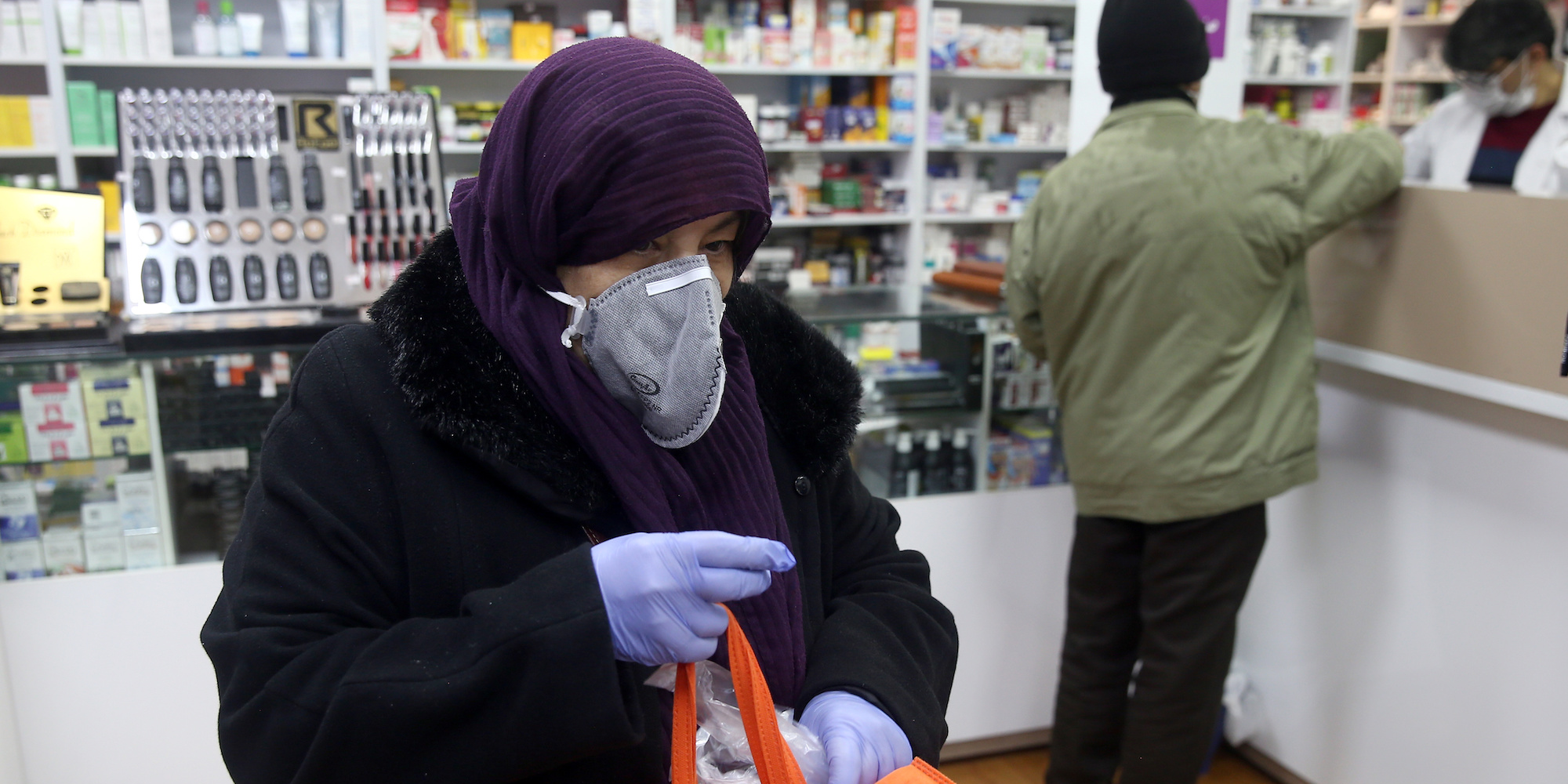- The death toll in Iran from coronavirus could be far higher than the government is letting on.
- BBC News reported that 210 people have died, per hospital sources, while the official government number is 34.
- Iran has the highest mortality rate from coronavirus in the world.
- Visit Business Insider’s homepage for more stories.
At least 210 people have died from coronavirus in Iran, according to BBC News, which is six times higher than the official death toll from the Iranian government.
Officially, Iran says 34 people have died, but BBC spoke with sources in the country’s health system that said otherwise.
Iran has the highest mortality rate from coronavirus in the world, and has become the new focal point for the virus in recent days amid growing fears of a pandemic. The US State Department has offered to help Iran handle the crisis.
Iran’s deputy health minister, Iraj Harirchi, on Monday denied there was an effort to cover-up the extent of the virus.
During a press conference on Monday, Harirchi appeared physically uncomfortable. By the next day, Harirchi announced he contracted coronavirus.
One of Iran's vice presidents, Masoumeh Ebtekar, has also been infected - and she's been seen in meetings with Iranian President Hassan Rouhani and the Iranian cabinet as recently as Wednesday.
The fact senior members of the government are coming down with the virus has raised concerns among public health experts who've suggested the scale of the outbreak in the country could be far higher than the leadership is letting on.
The official number of confirmed cases of the virus in Iran is 338, but the actual number of infected could be closer to 23,000, according to researchers at the University of Toronto and Dalla Lana School of Public Health, per the Wall Street Journal.
Friday prayers were cancelled in Iran due to coronavirus, which is an exceptionally rare occurrence in Iran and underscores the severity of the outbreak. Iranian lawmakers have also tested positive for the virus, and Iran's parliament has been suspended indefinitely.

Iran has been rocked by massive protests in recent months linked to the country's struggling economy, but also after the downing of Ukraine International Airlines Flight 752 last month.
The Ukrainian flight was accidentally shot down by Iran after it launched a missile attack on US forces, which was retaliation for a US drone strike that killed its top general, Qassem Soleimani. At first, Iran denied any responsibility for the plane crash, but the government later said "human error" brought on by fears of a US military retaliation was to blame. Of 176 people killed in the crash, 82 were Iranian. Anger over the government's role in the crash led Iranians to flood the streets in protest.
Despite the contradictions between media and government reports the scale of the coronavirus outbreak, it's unlikely the Iranian government will shift course in the near future, according to a top expert on the region.
"My sense is that Iranian officials tend to default to telling people what they think is politically beneficial. In other words, they tend to lie a lot," Hussein Ibish, a scholar at the Arab Gulf States Institute in Washington.
"Because they do have politics in Iran and because the Iranian autocracy is relatively sophisticated, they can sometimes see that fessing up to difficult admissions is better than continuing to lie," Ibish added, citing Iran's eventual acknowledgement of responsibility in the Ukrainian plane incident.
But the coronavirus outbreak is a more complicated and hazy situation than the plane crash, Ibish said, so Iran "will probably continue to try to deceive the public."
The global death toll from the coronavirus outbreak is over 2,800, with more than 83,000 people infected. The vast majority of cases are in China, where the virus originated, but it's been detected in dozens of other countries and the US is being urged by health officials to prepare for "severe" disruptions to daily life.

